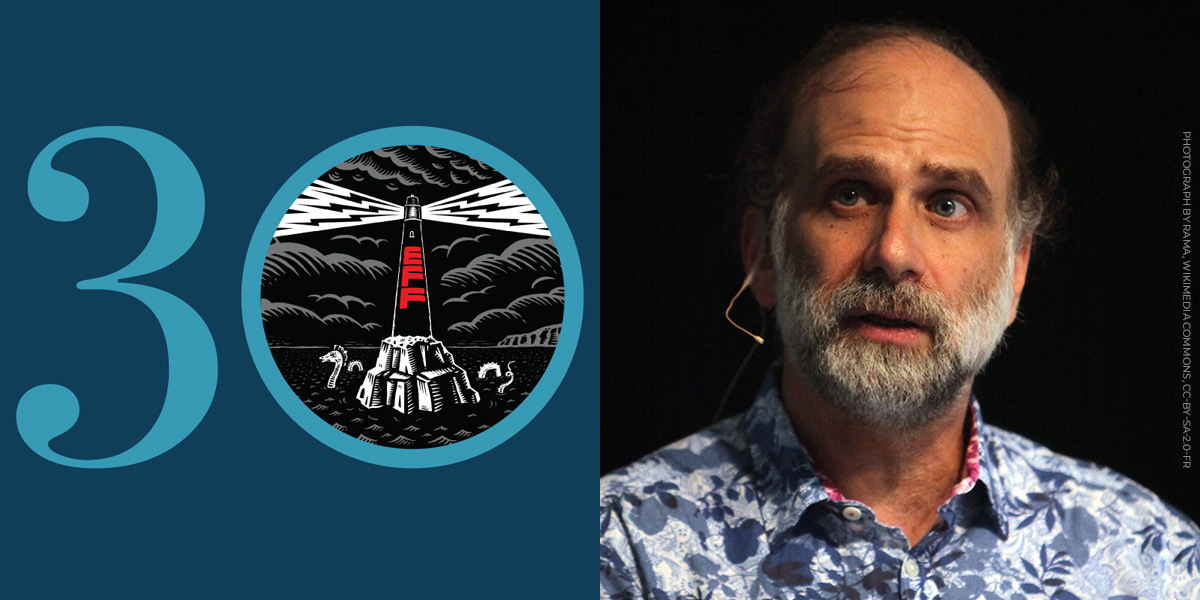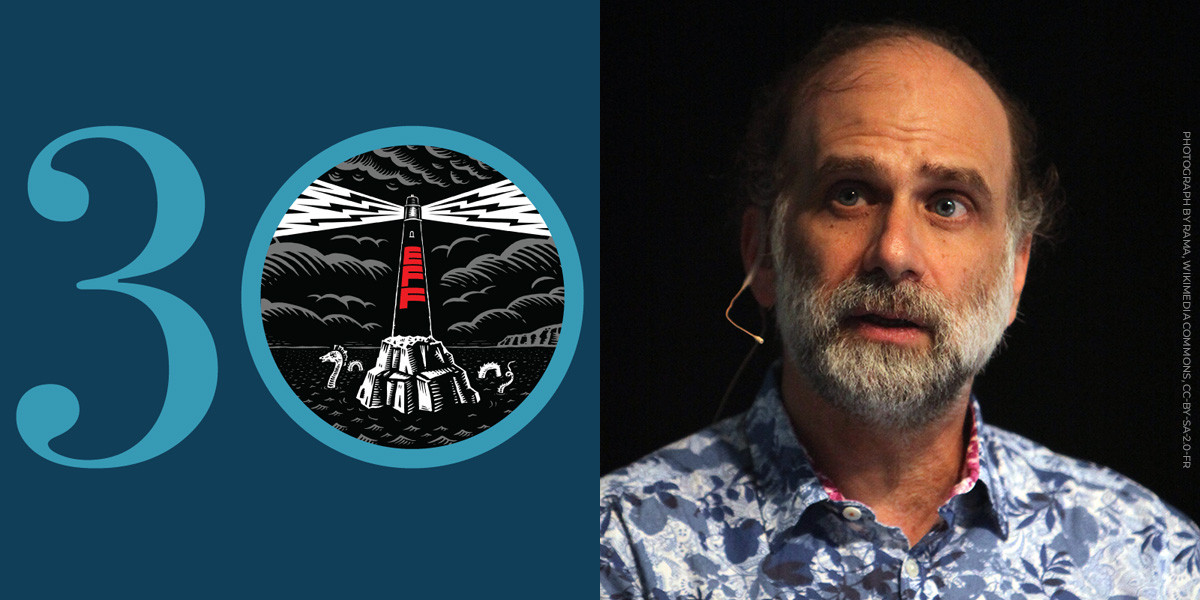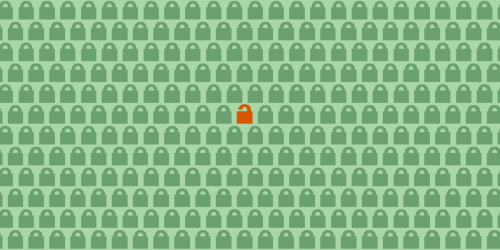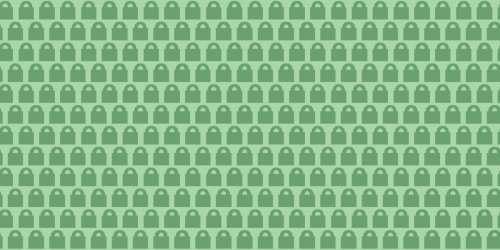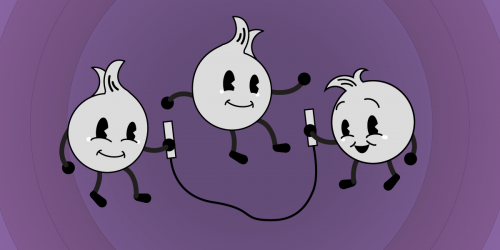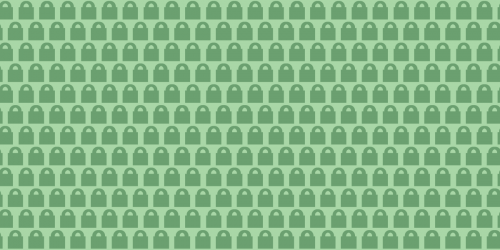To commemorate the Electronic Frontier Foundation’s 30th anniversary, we present EFF30 Fireside Chats. This limited series of livestreamed conversations looks back at some of the biggest issues in Internet history and their effects on the modern web.
To celebrate 30 years of defending online freedom, EFF invited author, security technologist, and EFF board member Bruce Schneier to discuss the future of the "Crypto Wars." This epic battle, raging since the 1990s, pits privacy and security advocates against the U.S. government in a fight over encryption. Governments around the world have grown evermore keen to weaken encryption and acquire backdoor access to private devices and Internet communications.
Killing the EARN IT Act and protecting encryption is top of EFF’s agenda.
EFF has adamantly defended encryption and its widespread use from the early days of Bernstein v. US Department of Justice, the case that established that software source code was speech protected by the First Amendment. This technology paved the way for ecommerce, rising social movements around the world, and your ability to have a private conversation in an increasingly online world.
The Crypto Wars have continued right up to the present day with the EARN IT Act, a bill that would give unprecedented powers to law enforcement—including the ability to break into our private messages by creating encryption backdoors. Make no mistake: the fundamental security of our devices and the Internet are at stake.
It’s precisely why EFF invited Schneier to peer into encryption’s future at our first EFF30 Fireside Chat with EFF Executive Director Cindy Cohn, Senior Staff Attorney Andrew Crocker, and Senior Staff Technologist Erica Portnoy.
The chat began with a brief history of “the crypto wars,” which began the 90’s. The war is ongoing, said Schneier, but we have to win: “As long as [a smart phone or laptop] is in the hands of every single lawmaker, and world leader, and judge, and police officer, nuclear power plant operator, CEO, and voting official, it’s really important that we secure these--the communications and the storage. And that has to win.”


Thirty years later, this issue isn’t going away. “If you’re law enforcement, you want more and more authority,” said Schneier. The solution lies above law enforcement. “The need for security, for national security, trumps the need for law enforcement. We have to accept that, and implement that...This matters more than ever now.”

It’s become practically rote for law enforcement to claim that they need lawful access to encrypted devices or messaging to solve crimes. But as Staff Attorney Andrew Crocker pointed out, they’ve had a very hard time coming up with “reliable figures and anything more than anecdotes” about this need. And Schneier added: “We need law enforcement to have good digital forensics...I think law enforcement is just poorly educated. So going to the phone is just what they think. If they had more sophisticated investigative tools, we could have all the security we wanted for our data and our conversations. And they would still be able to have all the crime-solving capability they need. I actually don’t think that there’s a conflict here.”

Without encryption, free speech would be in serious danger. “Only if we have secure systems can we ensure that dissidents around the world can speak freely,” said Schneier, before quoting former FBI General Counsel James Baker, who suggested in 2019 that it was time for government authorities, including law enforcement, to embrace encryption, as “one of the few mechanisms the United States and its allies can use to more effectively protect themselves from existential cybersecurity threats.”

One common claim from law enforcement is that we can compromise by allowing backdoors into encrypted messages or devices. Though law enforcement calls this idea a ‘compromise,’ it’s not a compromise at all, said Crocker.

For one, Executive Director Cindy Cohn pointed out, any attempts at a ‘compromise’ will be used by government as recognition that it’s possible. But it isn’t. “We have seen efforts by law enforcement to get well-meaning tech to try to solve this problem, but what they really want is just a talking point in front of Congress that it can be solved. We’ve seen some very well-meaning people be very misused in the political debate because they were game enough to try. Don’t be that person. Don’t fall for that. They’re not interested in your technical prowess--they’re interested in a talking point.”

For the technologists and cryptologists, Staff Technologist Erica Portnoy had a similar message: “Don’t try to do it. Even if at the end you explain all the nuances and problems with it, some government official is going to look at it and say ‘this is perfect, let’s implement this now,’ even though you have eight paragraphs on why this won’t work in practice...don’t help them make their arguments.”
The conversation finished up with a call to action from our Executive Director: we must stop the EARN IT Act, legislation that’s making it way through Congress during the pandemic, which threatens both encryption AND free speech. “Killing the EARN IT Act and protecting encryption is top of EFF’s agenda.”

Thirty years after EFF’s founding, our mission to protect privacy and free speech online is more important than ever.
Join us on Thursday, December 10 for the second in our series of EFF30 Fireside Chats when we explore Section 230 and the future of free speech. In this candid livestream, EFF Legal Director Dr. Corynne McSherry and Oregon Senator Ron Wyden, an original framer of Section 230, will discuss why 230 is under fire and what made it the most important law protecting freedom of expression and innovation on the Internet.


